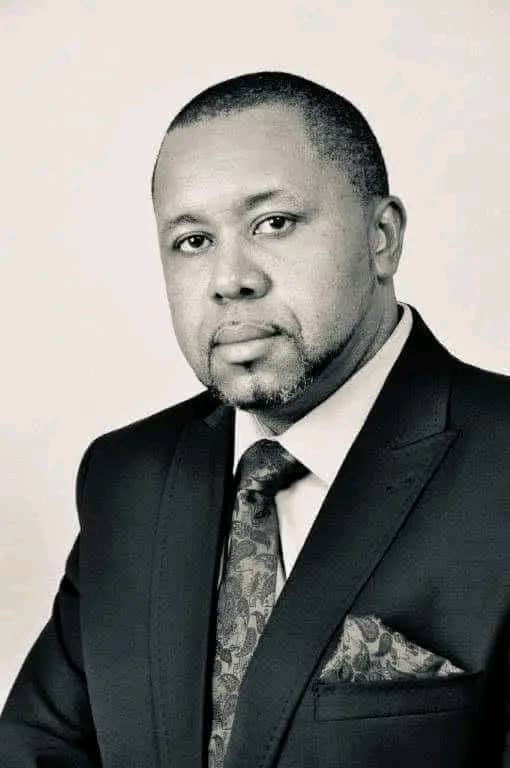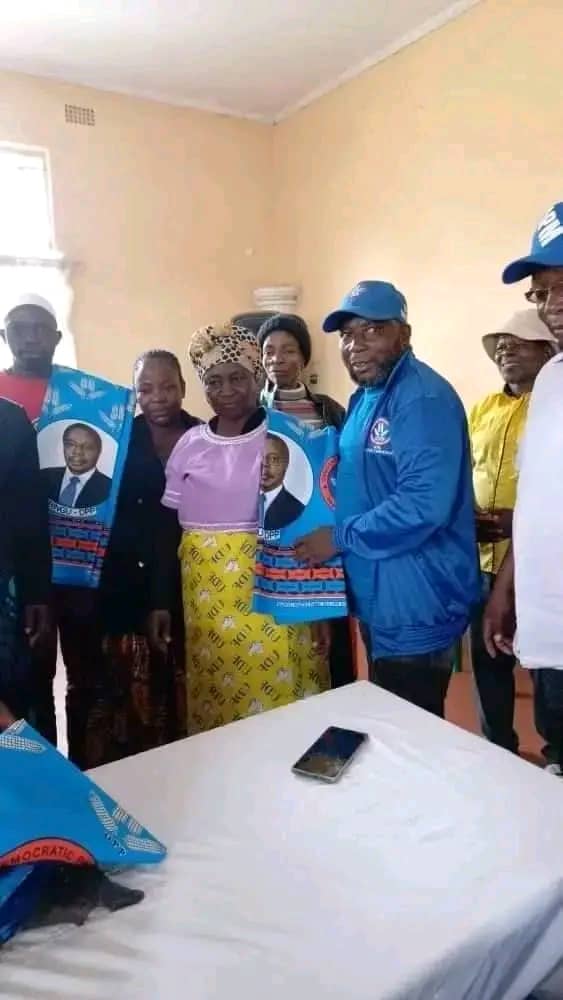By Burnett Munthali
In a remarkable display of civic engagement, Comrade Robert Mugabe SC has addressed President Lazarus Chakwera in a heartfelt letter concerning the pressing challenges facing Malawi in 2025. The letter, shared through the widely followed “Malawi Under Siege” WhatsApp group, resonates with the anxieties and hopes of a nation yearning for justice and accountability in its governance.
Mugabe begins by expressing gratitude to President Chakwera for listening to the voices of the Malawian people and establishing a commission of inquiry. This move, he asserts, is a vital step toward restoring trust in the government and addressing the mounting concerns of citizens. The acknowledgment of the commission’s formation is a significant milestone; it reflects the administration’s willingness to confront difficult issues head-on, a trait that is often lacking in political leadership.
However, Mugabe does not shy away from addressing the elephant in the room: the composition of the commission has faced criticism from various quarters. While some individuals have raised concerns, he emphasizes the importance of upholding justice and the need for the commission to operate without any perception of bias or undue influence.
To facilitate the commission’s work, Mugabe makes a compelling request for the resignation of two key figures: the Minister of Local Government and the General Commander of the Malawi Defence Force (MDF). His reasoning is clear and pragmatic. The continued presence of these individuals could potentially cast a shadow over the inquiry’s credibility, leading to skepticism regarding its findings.
1) The Minister of Local Government: This official holds significant sway over local governance, making their involvement in the inquiry a possible conflict of interest. Mugabe argues that to foster an environment where the commission can operate freely, it is vital to remove any individuals whose roles may raise questions about their objectivity.
2) The MDF General Commander: Given the military’s historical involvement in Malawi’s politics, Mugabe insists that separating military influence from civil governance is essential for the commission’s integrity. The perception that the military might exert pressure could hinder open discussions, critical for uncovering the truth behind the issues plaguing the nation.
Mugabe’s letter encapsulates the sentiments of many Malawians who are anxious for change and reform. His respectful yet firm appeal to President Chakwera underscores a broader desire for a governance system that prioritizes justice and accountability. In a time when the nation feels under siege—be it from corruption, mismanagement, or public disillusionment—his words serve as a beacon of hope for those who believe in the potential for a better Malawi.
As the nation stands at a crossroads, the open dialogue initiated by Mugabe’s letter could spark further discussions among citizens and leaders alike. The emphasis on the need for transparency and accountability is more relevant than ever.
By addressing these critical issues, President Chakwera has an opportunity to reaffirm his commitment to the people of Malawi, demonstrating that he is not only a leader but also a true servant of the nation. The success of the commission hinges not only on its establishment but also on the integrity of its proceedings—a task that requires collective effort from all stakeholders involved.
In this context, Mugabe’s plea serves as a reminder that the path to a just and equitable society is often paved with difficult decisions. As the Malawian people await the government’s response, one can only hope that this moment marks the beginning of meaningful change in a country eager to rise from the shadows of past grievances.




